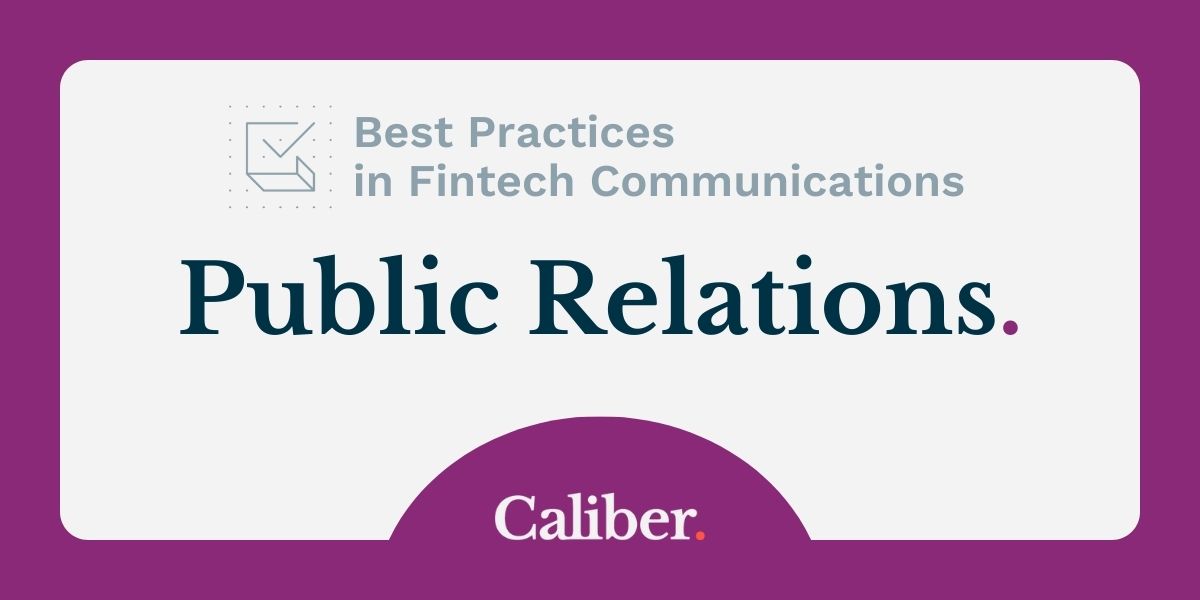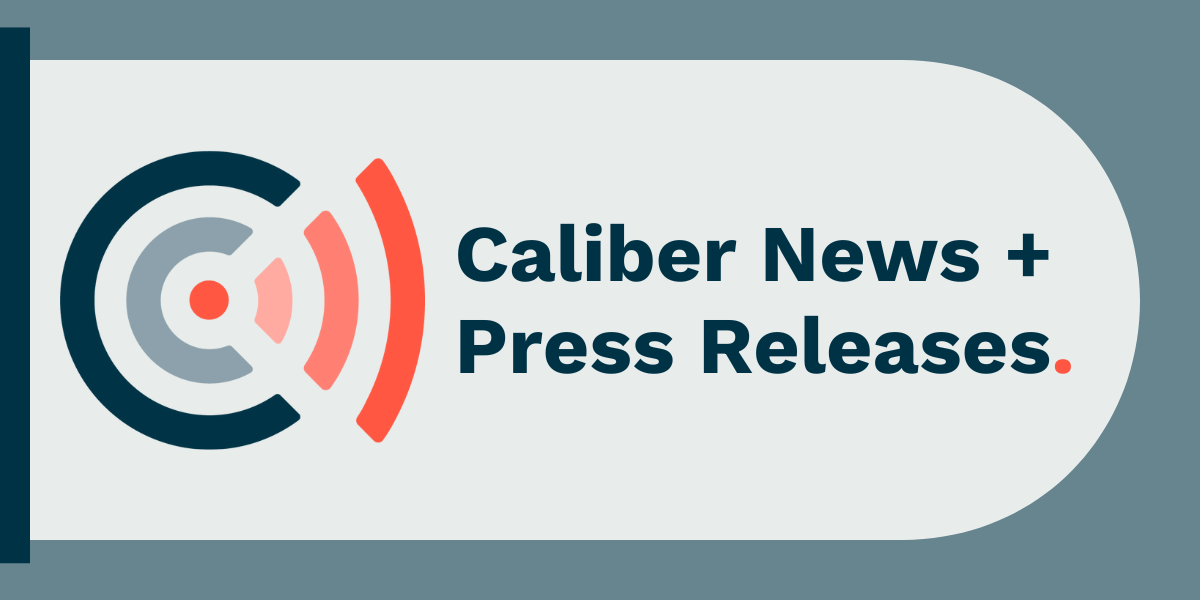7 Tips for Acing a Media Interview.

It’s the moment you’ve been waiting for – an interview with a reporter from a top-tier, target media outlet. A successful pitch from your trusted PR firm has given you the opportunity to share your expertise and, if all goes well, have your thoughts featured in an article that will be read by thousands of the exact people you’ve been wanting to reach.
How do you make the most of this media interview and give yourself the best shot at being included in the reporter’s coverage? Compelling quotes and content are always key, but there’s much more to it than that.
Here are our top seven tips for acing a media interview.
1. Do your research (or make sure your PR firm does)
Know exactly who you’re talking to. This means reading an interviewing reporter’s recent articles so you know what she/he has covered and is generally focused on, not to mention any biases or particularly strong points of view. Take a quick look at social media profiles (definitely look at Twitter for media) to get additional insight into the reporter’s personality. And, if you notice you have something in common – maybe rooting for the same sports team or shared Midwestern roots – consider mentioning that when you kick off your conversation. It can create an immediate connection and shows you took time to prepare and that you value this opportunity to speak.
2. Speak slowly and pause
Remember that econ class you took in college, where the professor spoke so, so quickly, and all you could think about was how much good info was not making its way into your notes? Well, the reporter is the student in this scenario – give him or her time to process the information you are sharing, ask questions throughout and capture the conversation fully in their notes. Some reporters record conversations (and will ask before doing so) but many go old-school, jotting down worthwhile points as the conversation evolves, so slow… it… down.
3. Get your facts straight, in advance
Have any up-to-date numbers you will likely need ready to roll. For example, the adoption rates around a recent product launch, the number of investors involved in the last fund raise, your AUM and total number of employees. Reporters always ask for facts and figures so come prepared with the basics. If a reporter asks for a more obscure number, one that you can publicly share but don’t have on hand, you can always share via a follow-up email post-interview, but have the likely asks on hand.
Want to read more on this topic? Check out “Is Your Fintech Newsworthy?” on the Caliber blog.
4. Always assume you are on the record
Per point 3, part of having key numbers ready is about coming prepared, but the other part is about ensuring you have accurate information. Unless otherwise specified, assume everything you share with a reporter is on the record. Only share information that you are okay with being public.
5. Don’t own a negative – unless you want to
It’s often natural for any of us in conversation to use the words said to us back in reply. For example, if you’re being asked about what’s driving your firm’s aggressive growth, you might be inclined to reply by saying, “our aggressive growth has really been driven by the positive response and user adoption rates we saw during beta testing.” Which is a fine answer, however, you want to avoid repeating a negative word or phrase. If asked, for example, about a product “failure” or an issue with “compromised” security, don’t repeat the negative word back. Answer honestly but reframe it to be positive, talking about how you addressed a functionality “challenge” and found effective ways to “strengthen” your security mainframe.
6. End on a high note
Relationships are two-way streets, and the reporter-interviewee relationship is no exception. Find a way to be useful to your new reporter contact – ask them if there is anything you mentioned that they could use more information on, or perhaps, if there are any other stories they’re working on that you could provide insight on. This reporter has just spent a half hour (or more!) on this media interview, mostly listening to you talk about something important to you, so take a moment and ask how you can be of value in return.
7. Be human
This may seem obvious but quite often interviewees fall short here. Don’t lecture or stick to a promotional script. People like talking to people they can connect with, who can have a real give-and-take conversation. Share your expertise with humility and candor – being likable is a good thing!
Media interviews can be scary propositions, and the fear of being “grilled” by a reporter is always there in the back of the mind of anyone being interviewed.. But with these tips and some focused media training, you should be ready to make the most of any media opportunity that comes your way!
Up Next.
Caliber Corporate Advisers Receives Strategic Investment from Vested.
Read More

